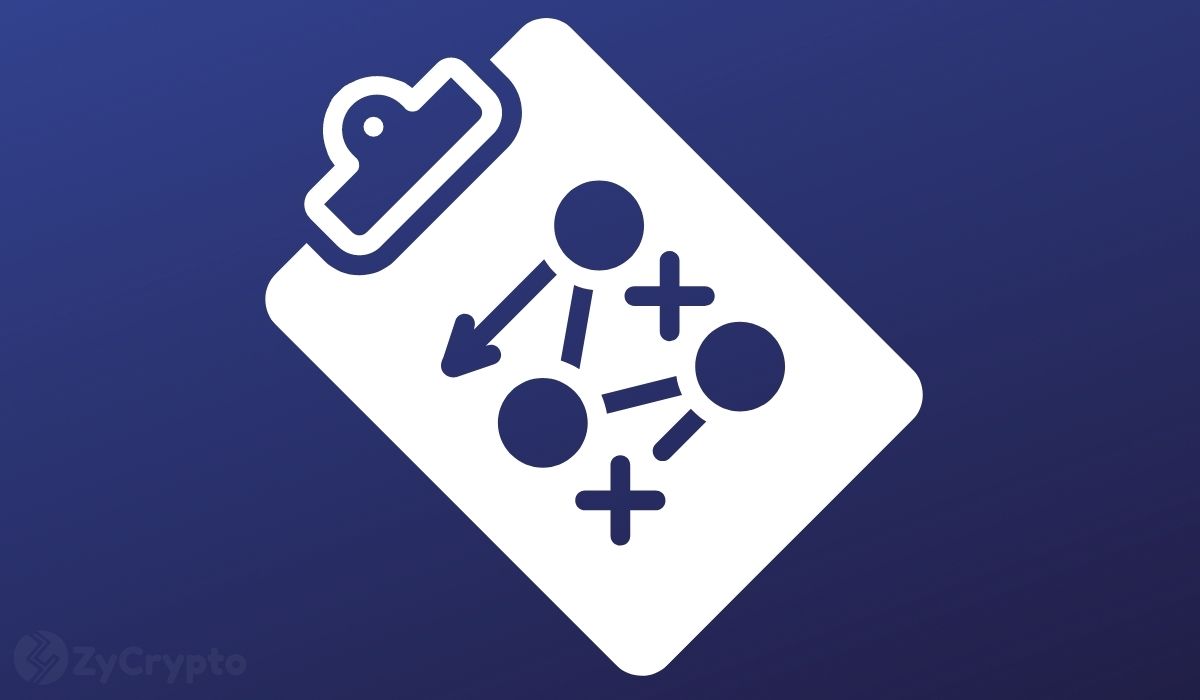In July 2021, the European Central Bank (ECB) launched the digital euro project investigation phase. This phase, which is expected to run until October 2023, aims to identify the optimal design of a digital euro and to analyse how financial intermediaries could provide front-end services that build on a digital euro.
Whilst providing an update on the progress of the investigation phase of the digital euro at the forty-sixth meeting of the International Monetary and Financial Committee on October 14, 2022, Christine Lagarde, the President of the ECB, said: “We have also just entered the second year of the investigation phase of our digital euro project. We are examining key questions about the potential design and distribution of a digital euro, which would be a complement to cash, not a replacement for it. For the Eurosystem, the motivation behind the digital euro project is mainly domestic in nature”.
The digital euro would need to integrate with other digital currencies if issued. Lagarde further said. “However, we recognise the benefits of discussing various issues at the international level, such as cross-currency payments made in retail central bank digital currency (CBDC) and the potential effects of giving foreign users access to domestic retail CBDC under specific conditions. In this regard, international cooperation on digital currencies will remain essential”.
The ECB continues to play a leading role in transforming the global economy. Lagarde stated: “As regards the digital economy, the ECB will continue to support and contribute to the G20 initiative to make international payments faster, cheaper, safer and more inclusive. This requires improvements in various areas, including the interoperability of payment systems and exchanging data across borders. And several legal issues need to be resolved, such as aligning cross-border regulatory, supervisory and oversight frameworks”.
Christine Lagarde also spoke about the high inflation in the euro area. Annual inflation in the euro area over the past three months rose to 8.9% (July), 9.1% (August) and 10% (September), with energy as the main contributor to headline inflation.
The recent depreciation of the Euro against the US Dollar added further inflationary pressure. The ECB Governing Council raised its three key interest rates by 50 basis points in July 2022 and again by 75 basis points in September 2022.
Once the investigation phase of the digital euro is completed, the ECB Governing Council will then decide whether to move to the next phase, which could see the development of integrated services as well as testing and possible live experimentation of a digital euro.







